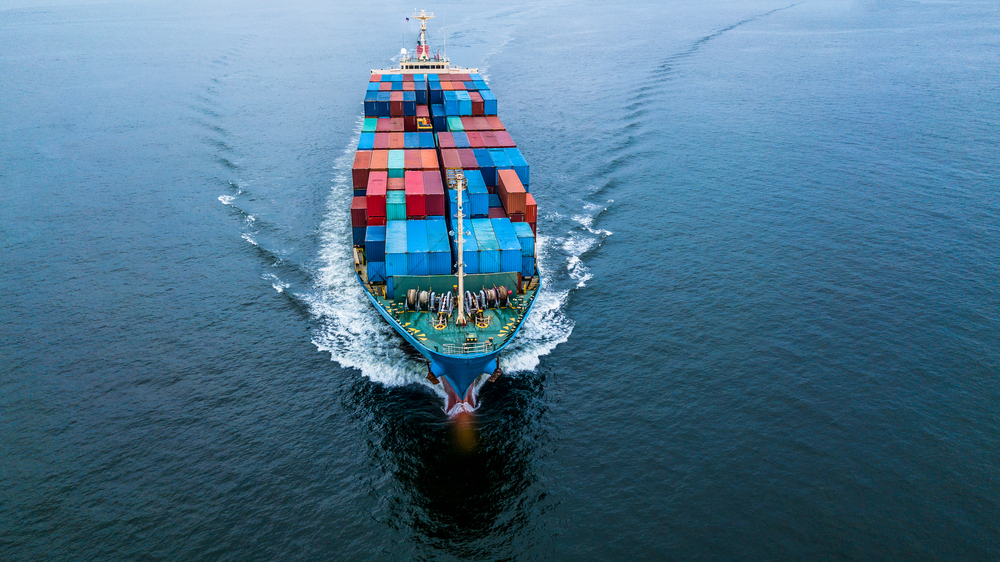The study, which was published by Eunomia today (5 June), showed that the nation came in just behind Austria with Tawain at 3rd place, Germany at 4th place and Belgium rounding out the top five. Also placing in the top ten was Northern Ireland at 9th place.
According to the study, England came in at 11th place and Scotland at 15th.
The report showed that the world’s top recyclers did not exceed a 60% recycling rate and that eight out of the top 10 countries were found within Europe. Eunomia put this down to the results reflecting long-term strategies in those countries. It added that the same reasoning applies to the two non-European countries in the top 10- Taiwan and South Korea.
According to Eunomia, the results of the report show the importance long-term investment in recycling, as well as the role of establishing “behavioural norms” can play in creating a “recycling culture”.
Eunomia has reported that lower income countries from Latin America, Africa and the Middle East recorded the lowest performance in recycling and in data quality. Furthermore, the report highlighted that waste collection and recycling in these regions is often undertaken by the “informal sector” which was excluded from the calculations as it could not be verified that waste was being managed correctly.
The report also highlights that the biggest drops in reported recycling rate were Singapore, South Korea, Spain and Germany.
Eunomia stated that its report compares countries’ recycling rates using the definition given by the EU for municipal waste: Municipal waste is household waste and waste from other sources that are similar in nature and composition to household waste.
Recommendations
As part of its report, Eunomia posted a series of recommendations in order for countries to follow to boost their recycling rates. These recommendations include improving municipal waste and recycling reporting by using a clear definition of municipal waste, reporting point of measurement and reporting by waste types. It also suggested that countries can can improve their data by reporting key materials, reporting by source and distinguishing as far as possible between estimates of waste generation, collection and recycling.
The body also suggests that that countries need to adopt practices that are associated with high performing countries such as Austria, Taiwan and Wales.
It also highlighted that in countries where an informal recycling sector operates, countries should examine how the system could be formalised to protect human health and the environment and how they can improve recycling and data reporting.
‘Ambitious targets’
First minister of Wales, Vaughan Gething, said: “It’s fantastic news that Wales has climbed to second in the world for recycling. This shows what we can achieve when people across Wales work together to deliver against ambitious targets, backed up by investment in our infrastructure. We have transformed from a nation with very low rates of recycling at the beginning of devolution to one of the leading nations in the world and far ahead of the rest of the UK.”
‘Job creation’
Climate change cabinet secretary, Huw Irranca-Davies, echoed these sentiments, and stated: “This is excellent news and, with the action we are already taking, we are working towards challenging for the top spot. By rolling out the successful approach to household recycling to our workplaces, we are also tackling the climate and nature emergency while providing important benefits to the economy. Capturing a resilient supply of high-quality recycled materials supports job creation and keeps a high percentage of recycling processing within Wales and the wider UK.”











Subscribe for free